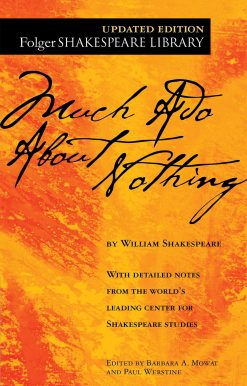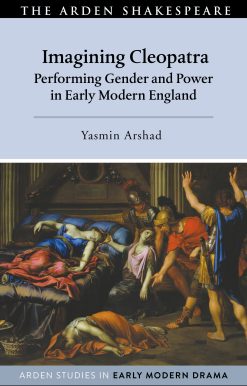Poetics
9.99 JOD
Jordan: Deliverable within 48 hours
International: Deliverable within 7 Days
Description
One of the most powerful, perceptive and influential works of criticism in Western literary history In his near-contemporary account of classical Greek tragedy, Aristotle examines the dramatic elements of plot, character, language and spectacle that combine to produce pity and fear in the audience, and asks why we derive pleasure from this apparently painful process. Taking examples from the plays of Aeschylus, Sophocles and Euripides, the Poetics introduced into literary criticism such central concepts as mimesis (‘imitation’), hamartia (‘error’) and katharsis (‘purification’). Aristotle explains how the most effective tragedies rely on complication and resolution, recognition and reversals. The Poetics has informed thinking about drama ever since.Translated with an Introduction and Notes by Malcolm Heath
Additional information
| Weight | 0.113 kg |
|---|---|
| Dimensions | 0.9 × 13 × 19.8 cm |
| Format | |
| language1 | |
| Pages | 144 |
| Publisher | |
| Year Published | 1996-9-26 |
| Imprint | |
| Publication City/Country | London, United Kingdom |
| ISBN 10 | 0140446362 |
| About The Author | Aristotle was born at Stagira, in the dominion of the kings of Macedonia, in 384 BC. For twenty years he studied at Athens in the Academy of Plato. However he left on Plato's death and, some time later, became the tutor of young Alexander The Great.His writings have profoundly affected the whole course of ancient and medieval philosophy, and they are still studied and debated today.Malcolm Heath has been Reader in Greek Language and Literature at Leeds University since 1991. |
Only logged in customers who have purchased this product may leave a review.






Reviews
There are no reviews yet.